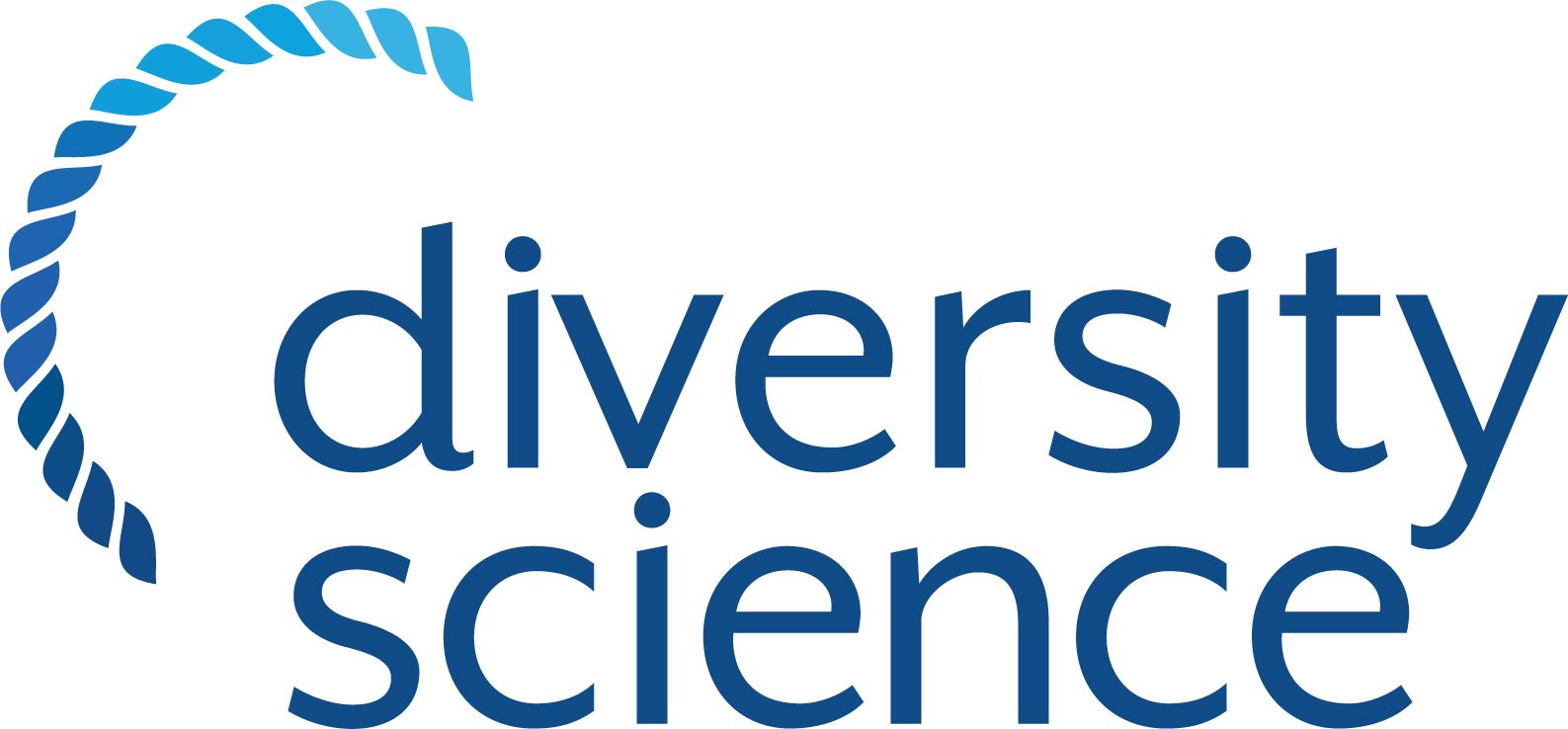Best Practices for Collecting Patient Sexual Orientation and Gender Identity Data
Write your awesome label here.
We all want to show up at our best and bring out the best in our colleagues.
Write your awesome label here.
